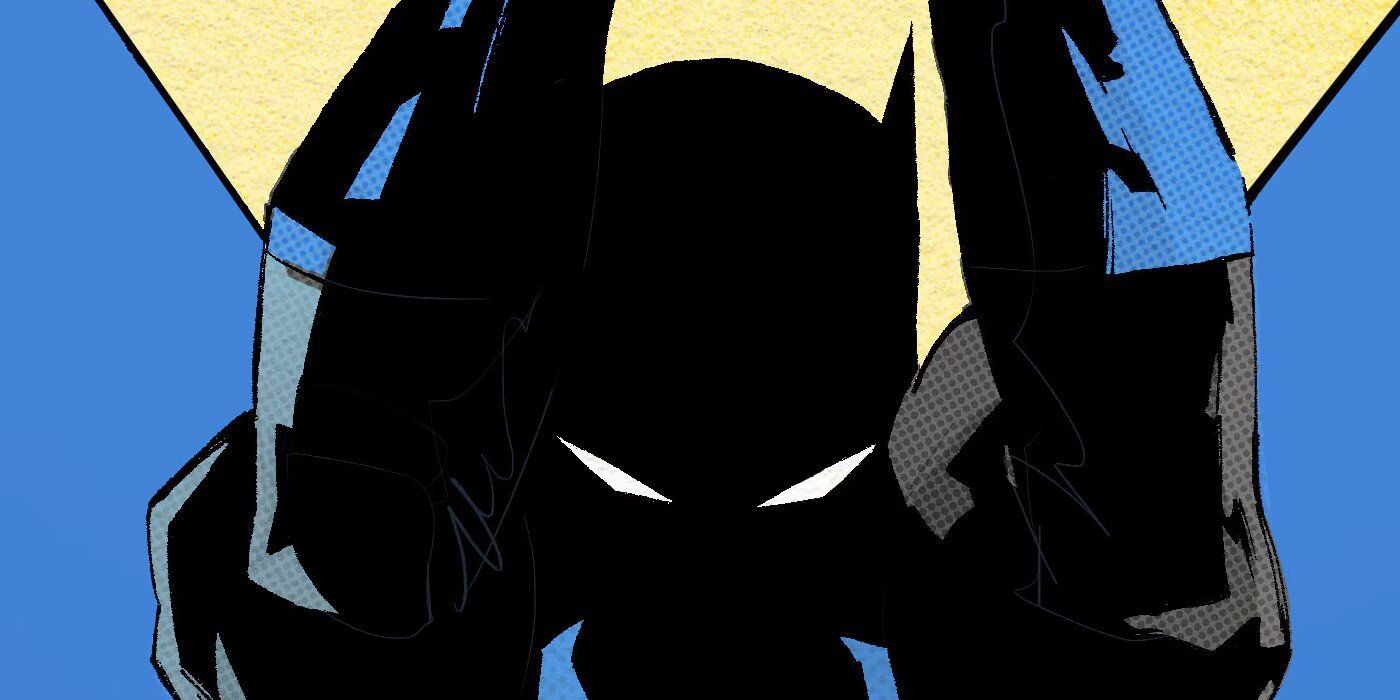But wait, there’s more—so much more. Because the primary driving narrative here is the possibility that Allison can prove her innocence based on jailhouse hearsay about an elusive, young Arab man. Here, “Stillwater” becomes a procedural reminiscent of McCarthy’s Oscar best-picture winner “Spotlight,” as Bill knocks on doors and follows one lead after another, talking to people who either help him or don’t in his efforts to exonerate his only child. In this vein, it’s also about the racial tensions and socioeconomic disparities that exist in both France and the United States, and the blindly confident swagger with which some Americans carry themselves overseas—even someone like Bill who is, to borrow from the Tim McGraw song, humble and kind.
And for a big chunk of its midsection, it’s about a middle-aged man forming an unexpected friendship—and then a makeshift family—with a single mom and her little girl. Virginie (a vibrant and charismatic Camille Cottin) and her daughter, Maya (an adorable and steely Lilou Siauvaud), give the widowed Bill a shot at righting the wrongs of his past. Virginie and Bill initially connect when she offers to help him in his investigation by making calls, translating and generally serving as his guide through an ancient city he’s barely gotten to know. The relationship makes zero sense on paper—she’s a bohemian actress, he’s an oil-rig worker—but the small kindnesses they show each other allow them to forge a bond, and allow Bill to reveal more about himself and his tortured history, piece by piece. It sounds cheesy, but surprisingly, it works.
This is far and away the strongest section of “Stillwater,” and if the majority of this film had focused on this understated dynamic and the quiet hope of better days to come, it would have been more than satisfying. The performances here are lovely, and Damon enjoys distinctly sweet connections with both Cottin and Siauvaud. But then it takes a significant turn into darker territory toward the end, with twists predicated on major coincidences and reckless decisions. “Stillwater” also becomes a far less interesting film as it slogs through its overlong running time. While it’s fascinating to consider Bill’s self-destructive streak rearing its head once again, even after it seems he’s finally found some peace, the way it plays out is so wild and implausible, it feels like it was ripped from an entirely different movie and grafted on here. Within this eventful stretch, there’s also a suicide attempt that’s tossed in almost as a baffling afterthought, as it’s never mentioned again.
Ultimately, the cacophony of all these plot lines converging and the weight of the messaging being conveyed is almost too much to bear. Details get spelled out and characters explain their motivations when maintaining an overall air of mystery would have been far more effective. Whether or not Allison is guilty isn’t the point; enjoying a moment of stillness and solitude in the afternoon sunshine is, even if it’s fleeting.
Now playing in theaters.
You can view the original article HERE.





























